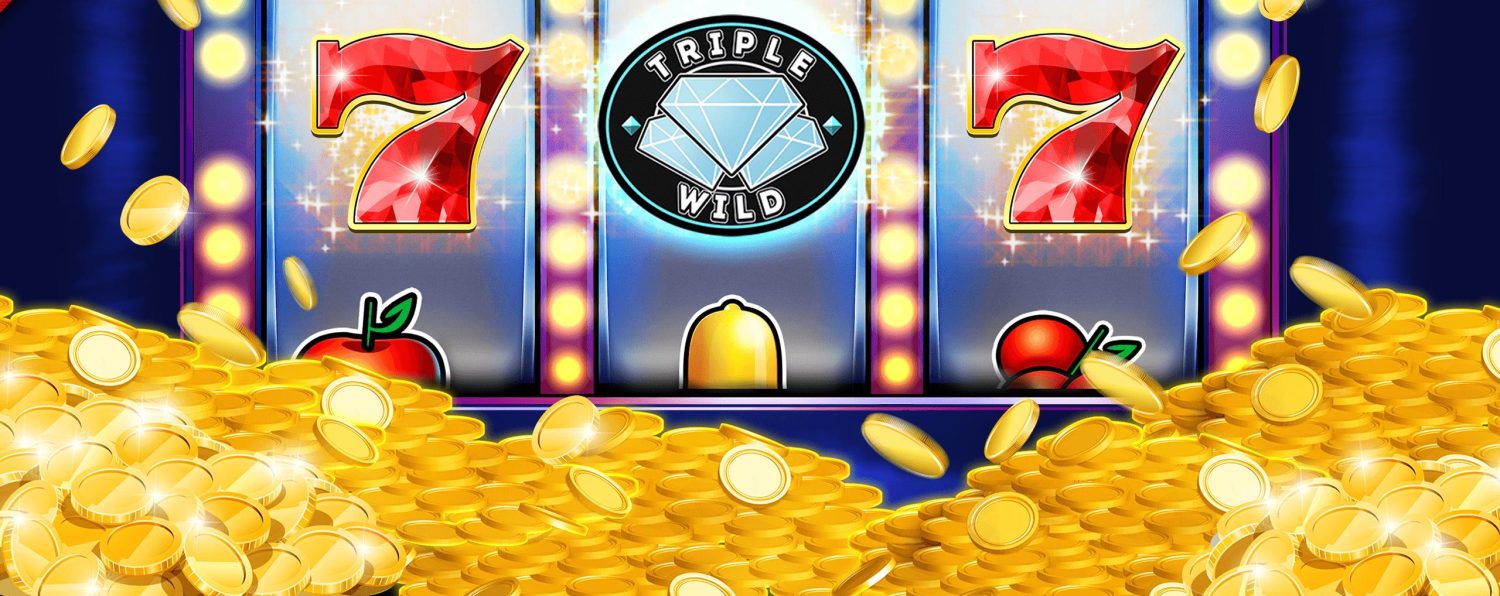
Following the recent gaming license, and provisional accreditation cancellations of offshore gaming hubs in the Clark Freeport Zone by the Philippine gaming regulator, the Clark Development Corporation (CDC) has decided to stop accepting any new applications from offshore gaming operators eager to operate in the Zone. As Inside Asian Gaming Reports, the decision seems triggered by the involvement of a hub at Sun Valley Clark in a range of illegal activities that will now prevent new offshore licenses until further notice.
Banning New Establishments:
The information reportedly recently provided by the national gaming regulator PAGCOR (the Philippine Amusement and Gaming Corporation) indicates that the CDC Board of Directors followed the recommendation of the CDC management not to allow any new offshore service providers from establishing gaming facilities in the Clark Freeport Zone.
Operations No Longer Approved:
According to the source, CDC President and CEO Agnes Devanadera said on the occasion: “The CDC will no longer process or approve the operation of any incoming overseas gaming, even if they already have license from PAGCOR.” The measure implies that the Clark Freeport Zone will continue to host only four accredited gaming operators and one licensed offshore service provider headquartered out of the zone. These operators seem to have received or renewed their gaming licenses before the restriction and had no criminal record.
Misconduct and Criminal Offenses:
Inside Asian Gaming reported last month that PAGCOR cancelled the gaming license for CGC Technologies and the provisional accreditation for Sun Valley Clark in Clark Freeport. The regulator reportedly claimed that CGC Technologies was involved in the fraudulent and criminal activities that included human trafficking and serious detention, while Sun Valley Clark had failed to set up a lawful and orderly offshore gaming operations.
These failures and offenses drove the regulator to suspend the subject service providers and leave them to competent national authorities, but also made it halt new offshore applications to prevent any further occurrence of similar conduct.
Sublicensing Subject to Fines:
The latest restrictions are reportedly the result of the Philippine Amusement and Gaming Corporation‘s continued effort to establish safety and security in the country by banning the offshore gaming clubs that violated the law and exercised misconduct in the provision of their gaming services. According to the source, the PAGCOR announced on June 9 that any offshore license holders or gaming operators that lease or sub-lease their licenses for operation by any third parties in the Clark Freeport Zone will be subject to investigation and fines of $50,000.
The legal status of online casinos in India is complex and varies by state. While there is no federal law that explicitly addresses online gambling, the legality depends on state regulations and the type of gambling involved.
Key Points:
-
No National Law: India does not have a specific national law regulating online casinos. However, the Public Gambling Act of 1867 prohibits operating physical casinos and gambling houses, but it doesn't cover online platforms, leaving a legal grey area for online gambling.
-
State-Specific Laws: Some Indian states, like Goa, Sikkim, and Daman, have legalized land-based casinos, and others, such as Sikkim, have also licensed online gambling. Many states have banned gambling altogether, including online gambling.
-
Online Sports Betting: Betting on sports, particularly cricket, is very popular in India. However, it's only explicitly legal in some states like Sikkim and Nagaland, which have laws permitting online gaming and betting.
-
Legal Gray Area: Many international online casinos accept Indian players and operate legally under licenses from offshore jurisdictions (like Curacao or the UK Gambling Commission). As long as players are gambling on licensed platforms, the risk is minimal, but local authorities may still choose to regulate or restrict online gambling.
-
Cryptocurrency: Some Indian players prefer using cryptocurrencies (like Bitcoin) for online gambling, as it provides a layer of anonymity and security.
While online casinos aren't explicitly legal across all of India, many international casinos accept Indian players, and online gambling continues to grow in popularity. Players should ensure they use licensed platforms and understand local laws before engaging in online gaming.






Leave a Reply
You must be logged in to post a comment.